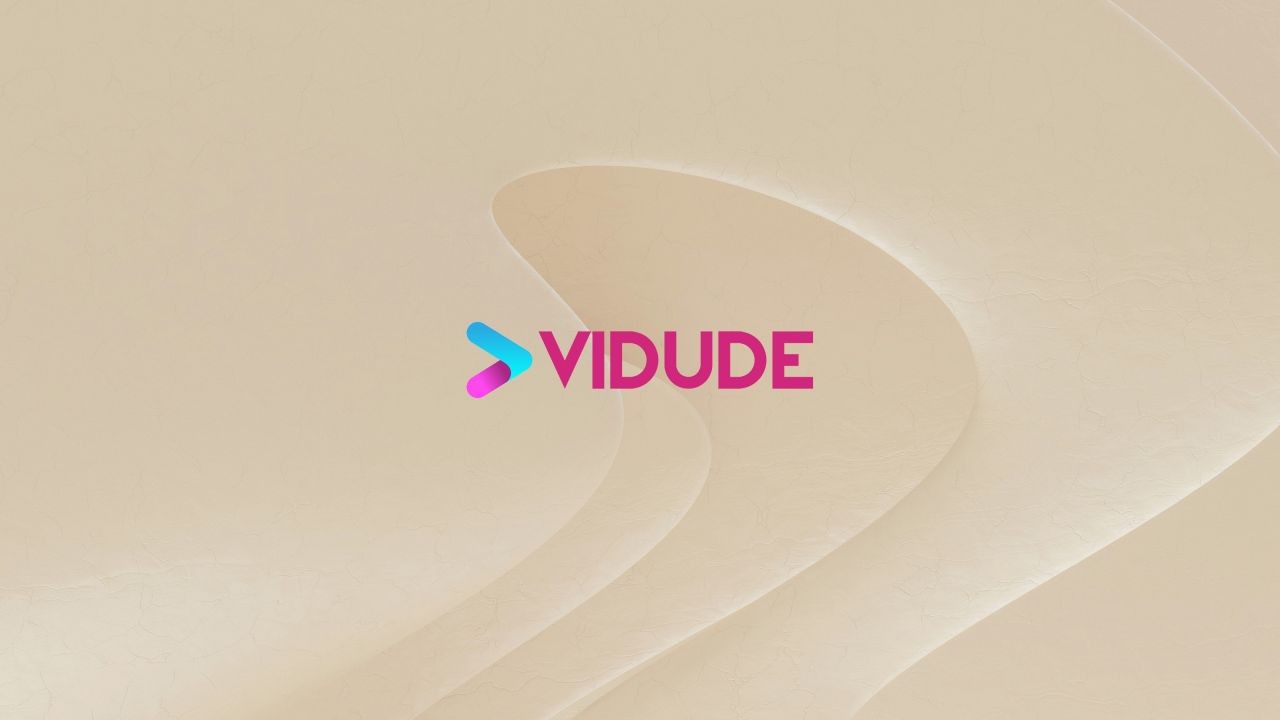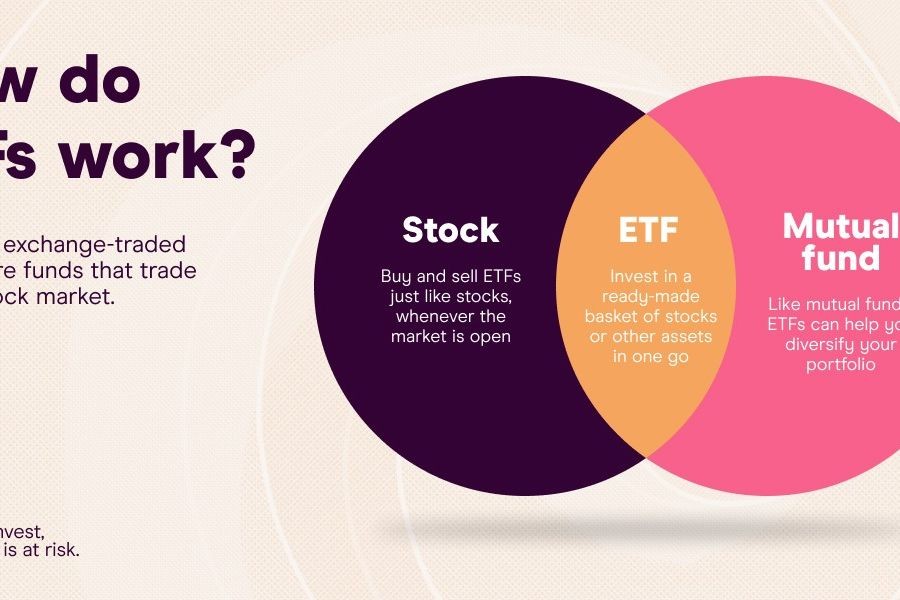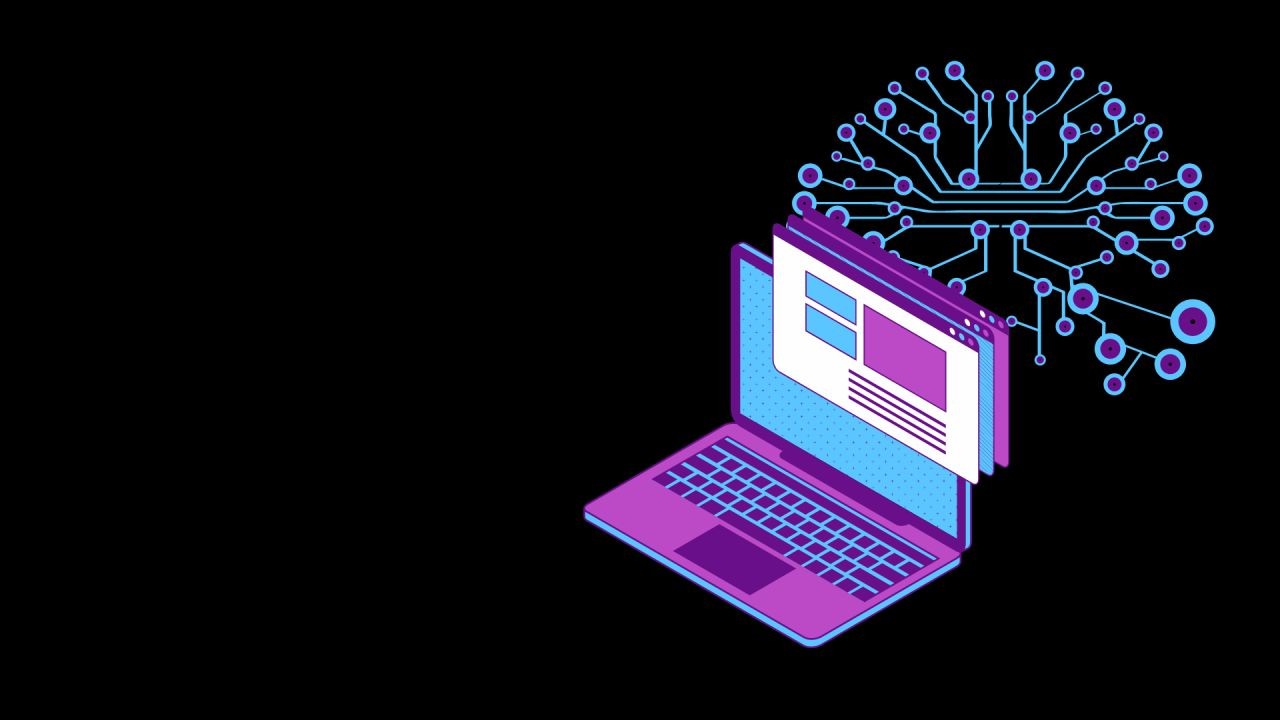In recent years, blockchain technology has emerged as a transformative force in data management, promising unprecedented levels of security and transparency. While initially associated with cryptocurrencies, its applications are now being explored across various industries, including finance, healthcare, and supply chain management. For New Zealand businesses, understanding how to leverage blockchain for secure data management could be a game-changer in maintaining competitive advantage and ensuring data integrity in this digital age. But how much of the buzz around blockchain is myth versus reality?
Myth vs. Reality: Blockchain in Data Management
Blockchain technology is often misunderstood, leading to several misconceptions about its capabilities and limitations. Let's delve into some of these myths and realities.
- Myth: Blockchain is only useful for cryptocurrencies. Reality: While blockchain gained popularity through Bitcoin, its decentralized ledger system is applicable in various fields. For instance, New Zealand's primary sector could benefit from blockchain by ensuring traceability and authenticity of products across global supply chains.
- Myth: Blockchain is completely secure and infallible. Reality: Although blockchain uses advanced cryptographic techniques, it is not immune to vulnerabilities. Smart contract bugs and potential 51% attacks pose significant risks. However, these can be mitigated with rigorous audits and implementing consensus mechanisms like Proof of Stake.
- Myth: Implementing blockchain is prohibitively expensive. Reality: Costs can vary significantly depending on the scale and complexity of the blockchain solution. However, for many New Zealand SMEs, the long-term savings from reduced fraud, improved efficiency, and enhanced trust can outweigh initial investments.
Which of these myths did you believe before reading this? Drop your thoughts below!
Comparative Analysis: Blockchain vs Traditional Data Management
To appreciate the advantages of blockchain in data management, it's essential to compare it with traditional systems.
Pros of Blockchain
- Enhanced Security: Blockchain’s decentralized nature and cryptographic algorithms make it highly resistant to unauthorized access and data breaches.
- Transparency: Each transaction is recorded on a public ledger, increasing transparency and accountability.
- Data Integrity: Once information is added to the blockchain, it cannot be altered, ensuring data authenticity.
- Efficiency: By eliminating intermediaries, blockchain reduces processing times and costs.
Cons of Blockchain
- Scalability Issues: Traditional databases can handle more transactions per second compared to some blockchain networks.
- Regulatory Challenges: The legal status of blockchain transactions is still evolving, posing compliance issues.
- Energy Consumption: Blockchain networks, especially those using Proof of Work, can consume substantial energy, impacting sustainability efforts.
Case Study: New Zealand’s Dairy Industry and Blockchain
New Zealand’s dairy industry, a critical component of the economy, has begun exploring blockchain to enhance supply chain transparency. Fonterra, a leading dairy co-operative, is experimenting with blockchain to track milk from farm to table. This initiative aims to assure global consumers of product authenticity and safety, essential for maintaining New Zealand’s reputation as a premium dairy exporter.
Problem:
Fonterra faced challenges with traceability and ensuring product integrity throughout its supply chain, often resulting in recall and reputational risks.
Action:
By partnering with IBM's Food Trust platform, Fonterra integrated blockchain technology to create a tamper-proof record of every step in their supply chain, enhancing transparency and traceability.
Result:
- Improved Transparency: Customers can now trace the origin of their dairy products, boosting consumer confidence.
- Efficiency Gains: Reduction in recall times and associated costs, leading to improved profitability.
Takeaway:
This case study underscores the potential of blockchain to revolutionize supply chains, offering insights that could benefit other sectors in New Zealand.
Future Trends: Blockchain in New Zealand
By 2028, blockchain is expected to be a cornerstone technology in New Zealand's digital economy. According to a report from the Ministry of Business, Innovation, and Employment (MBIE), blockchain could significantly impact sectors like finance, with up to 40% of banks adopting blockchain-based solutions for secure transactions. Moreover, the government's support for digital transformation could accelerate blockchain adoption in public services, enhancing transparency and efficiency.
Conclusion and Final Takeaway
Blockchain technology offers a promising solution to the challenges of secure data management, providing enhanced security, transparency, and efficiency. For New Zealand businesses, embracing blockchain could lead to competitive advantages in the global market. As technology evolves, staying informed and adaptable is crucial.
Want to stay ahead in blockchain-driven data management? Join our exclusive NZ Digital Trends Newsletter for insider-only insights on upcoming blockchain strategies and tools!
People Also Ask (FAQ)
- How does blockchain impact businesses in New Zealand? Businesses leveraging blockchain report improved data security and transparency, leading to enhanced trust and efficiency.
- What are the biggest misconceptions about blockchain? A common myth is that blockchain is only for cryptocurrencies, while in reality, its applications span various industries.
- What upcoming changes in New Zealand could affect blockchain adoption? By 2026, policy updates in finance could further encourage blockchain integration, transforming transaction processes.
Related Search Queries
- Blockchain applications in New Zealand
- Benefits of blockchain for SMEs in NZ
- Blockchain technology in supply chain management
- New Zealand blockchain industry trends
- Data security challenges in NZ


































hershelpauleystl
10 months ago